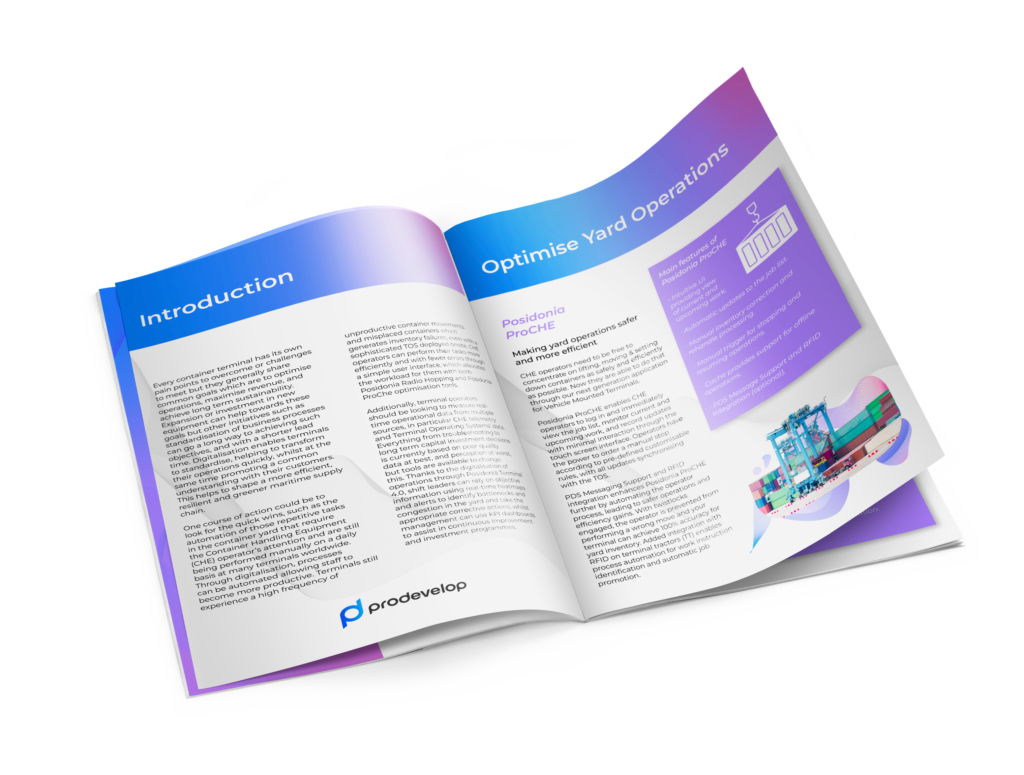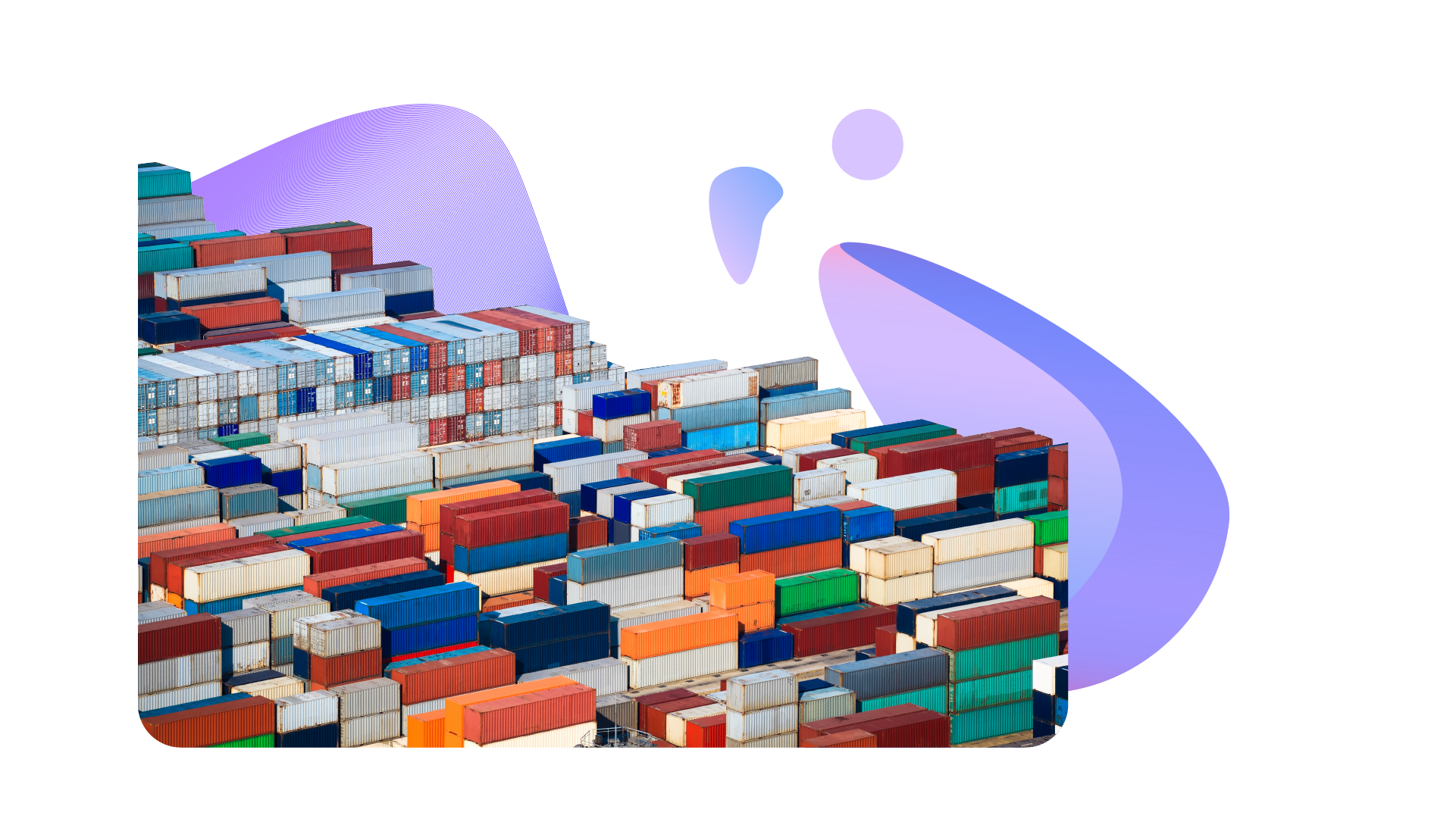
Smart stacking to reduce bottlenecks in yard operations
Terminal operators discharge thousands of containers daily not knowing how long those containers will remain in the yard before being collected. As such, terminals are forced to rely on their yard planner’s knowledge and expertise to stack containers in a way to prevent yard congestion, excessive rehandling on container delivery and slow truck turnaround times. Those skills are being lost and chances are, their decisions were sub-optimal. Posidonia AID will help terminals tackle the challenges posed by the inefficient use of technical and human resources as part of your digitalisation journey.
Posidonia AID takes data related to the cargo’s characteristics, the container and the vessel to estimate the anticipated dwell time of an import container with calculations taking place between the actual time of berth and the actual start of cargo operations. The solution involves the training of a customised and terminal-dependent Machine Learning model leading to ever improving forecasts.
The end result is a solution that will more accurately predict which containers will be delivered first, facilitating a more efficient stacking of containers.
Boost the performance of your terminal!

Features

